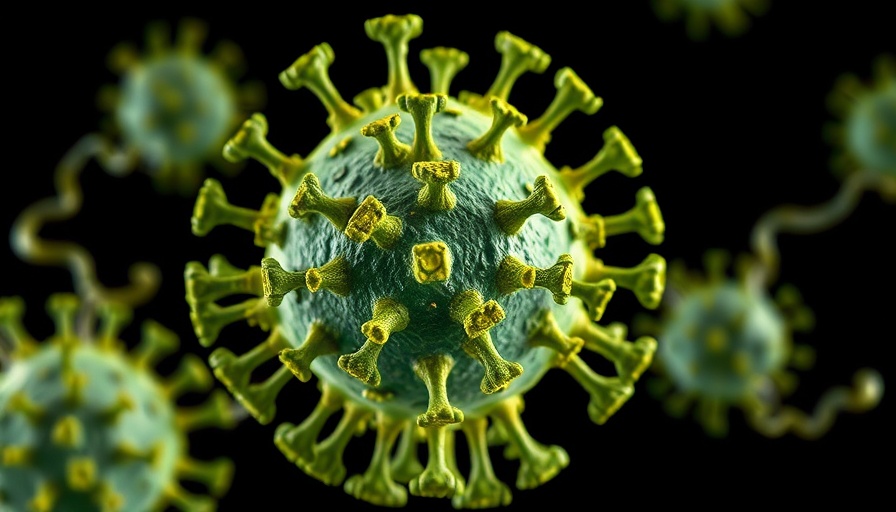
Rapid Mutation of Bird Flu: A Growing Concern
The H5N1 avian influenza virus, commonly referred to as bird flu, is mutating at a concerning rate, leading scientists to warn that current vaccines might fall short. As these viruses evolve, they may develop new strategies to evade immunity, which raises alarms within public health sectors worldwide.
The Significance of Vaccine Efficacy
Vaccines have historically been pivotal in controlling viral diseases, preventing infections among both humans and animals. However, the efficiency of existing avian flu vaccines is being challenged as H5N1 continues its rapid mutation. This situation emphasizes the need for updated vaccine formulations that can adapt to the changes in the virus's genetic makeup.
Understanding Avian Influenza Risks
The World Health Organization (WHO) has sounded the alarm about ongoing outbreaks of avian influenza. The potential transmission from birds to humans poses significant health risks, and a robust public health response is crucial. Awareness and preparedness can significantly impact the outcomes of such outbreaks, and understanding the mutation of H5N1 is an integral part of that conversation.
The Path Forward: Innovative Solutions Required
As the virus evolves, researchers are tasked with not only monitoring these changes but also developing new strategies to combat them effectively. This might include utilizing new technologies for real-time mutation tracking and exploring innovative vaccination techniques tailored for emerging strains. Continued funding and focus on influenza research are imperative to ensure public safety against these ever-evolving threats.
Stay Informed for Better Decisions
As the bird flu continues to change, staying informed through reputable health sources can help individuals and communities respond more effectively. Advocating for increased research funding and public health initiatives can also mitigate potential risks associated with avian flu outbreaks.
 Add Row
Add Row  Add
Add 




 Add Row
Add Row  Add
Add 

Write A Comment